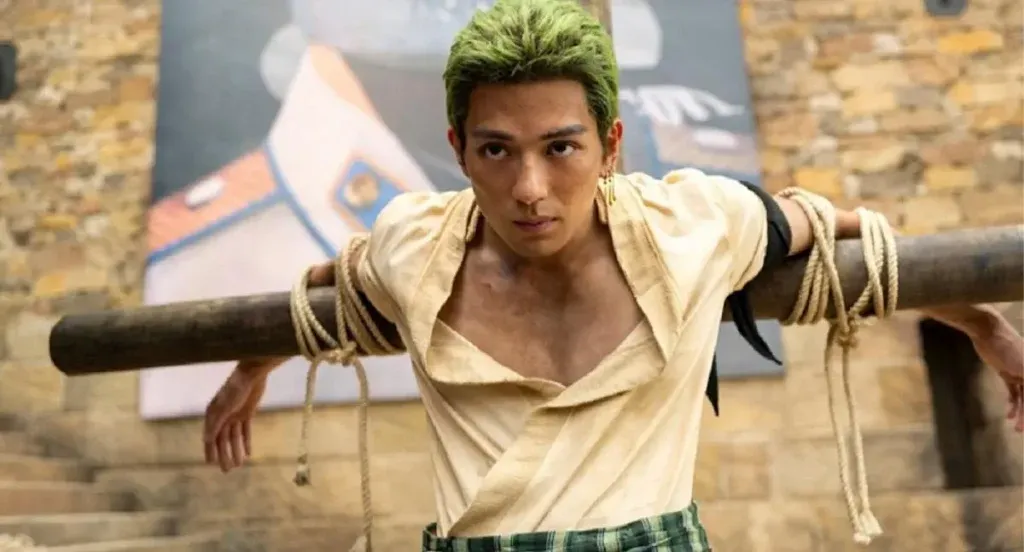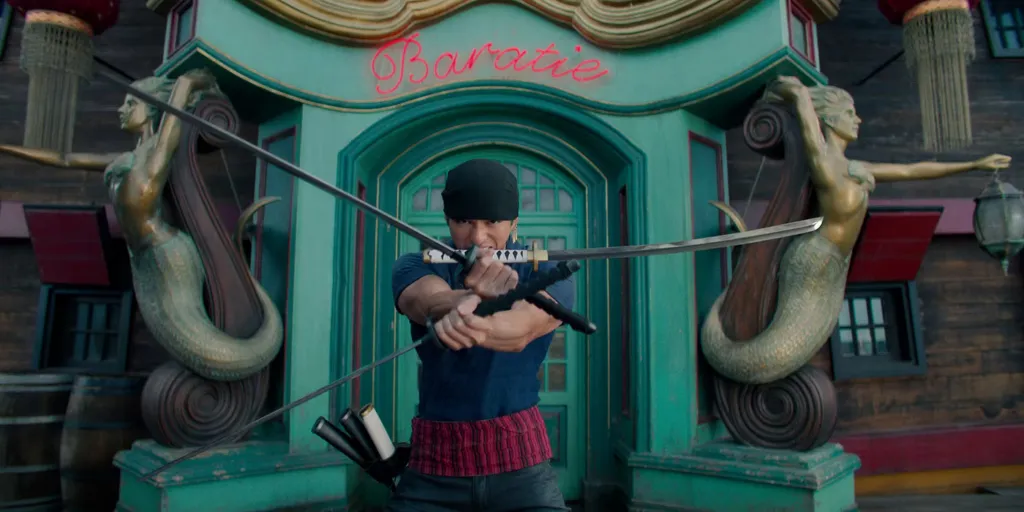Mackenyu Arata, known for his captivating role as Roronoa Zoro in the live-action adaptation of a beloved anime series, has made a significant impact on audiences worldwide. His performance has not only garnered praise but has also sparked discussions among fans who appreciate his ability to embody such a powerful character with depth and authenticity.
Overview
As an actor with a rich background in portraying various anime characters in live-action formats, Mackenyu was one of the most anticipated cast members for this adaptation. His passion for the craft and dedication to Japanese anime culture is evident in his work. However, his journey to fully embrace his Japanese roots was not without its challenges.

In a revealing interview, Mackenyu opened up about the complexities of navigating a bicultural identity and how it has influenced his acting career. He shared insights into the cultural hurdles he faced and the steps he took to bridge the gap between his American upbringing and Japanese heritage.
Reflecting on his childhood, Mackenyu discussed the difficulties he encountered in connecting with Japanese culture while growing up in Los Angeles. He expressed that despite being of Japanese descent, he felt more aligned with American culture, which made it hard for him to relate to the experiences of Japanese children.
Mackenyu remarked:
“Understanding Japanese culture was a struggle for me. Although I am Japanese by blood, my upbringing in Los Angeles shaped my identity. I was unaware of the cultural nuances that Japanese children experienced or the educational system they navigated.”

For those unfamiliar, Mackenyu is the son of the renowned Japanese actor and martial artist, Sonny Chiba. Growing up in a family with a prominent figure in the entertainment industry, he spent much of his life in Los Angeles, which further distanced him from his Japanese roots.
Due to this unique upbringing, Mackenyu lacked firsthand experience of Japanese culture. He often found himself grappling with the differences in daily life and social interactions that were second nature to his peers in Japan. Despite studying the language in Los Angeles, he struggled to fully grasp the cultural context, which posed significant challenges in his career.
He elaborated on his experiences, stating that even mundane aspects of life felt foreign to him. Although he attended a Japanese school in Los Angeles on Saturdays, he felt that the environment was still heavily influenced by American culture, making it difficult to immerse himself in his heritage.
“I attended a Japanese school in L.A. every Saturday, but it felt very Americanized. Navigating these cultural differences was challenging, yet I dedicated myself to learning about my heritage, and here I am today!”
Despite the obstacles he faced, Mackenyu recognized the significance of his Japanese heritage and committed himself to understanding it more deeply. His efforts have paid off, as he is now fluent in Japanese and effectively incorporates his language skills into his acting roles. This fluency has opened doors for him in live-action adaptations of popular anime series and films, much to the delight of his fans.

Conclusion
As anticipation builds for the next season of the live-action adaptation, audiences are eager to see how Mackenyu will continue to evolve in his role as Zoro. His journey of self-discovery and cultural appreciation has not only enriched his personal life but has also enhanced his professional endeavors.
The live-action adaptation is currently available for streaming.
